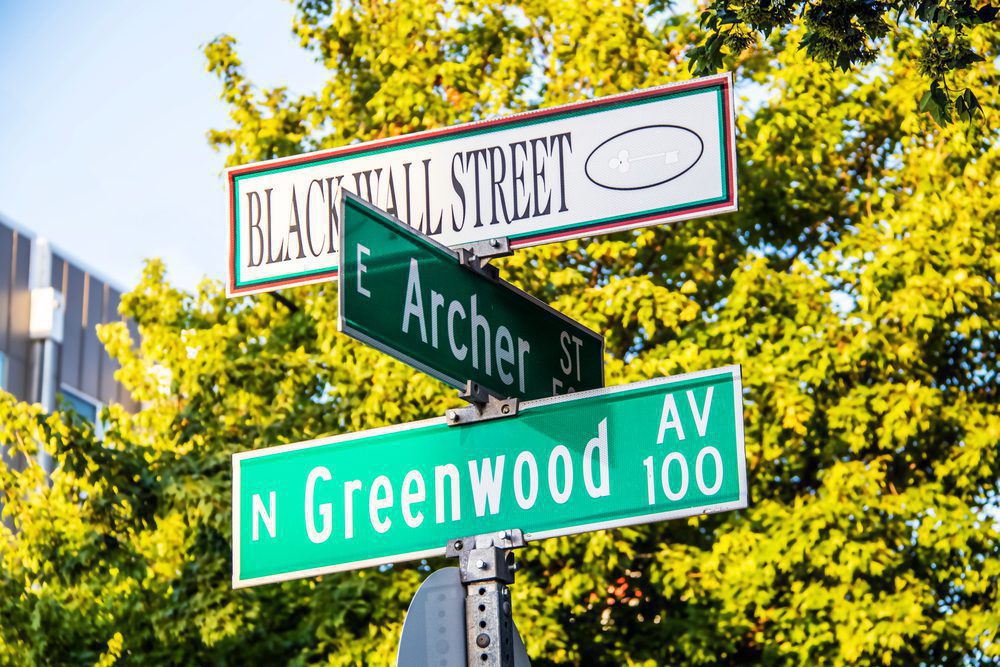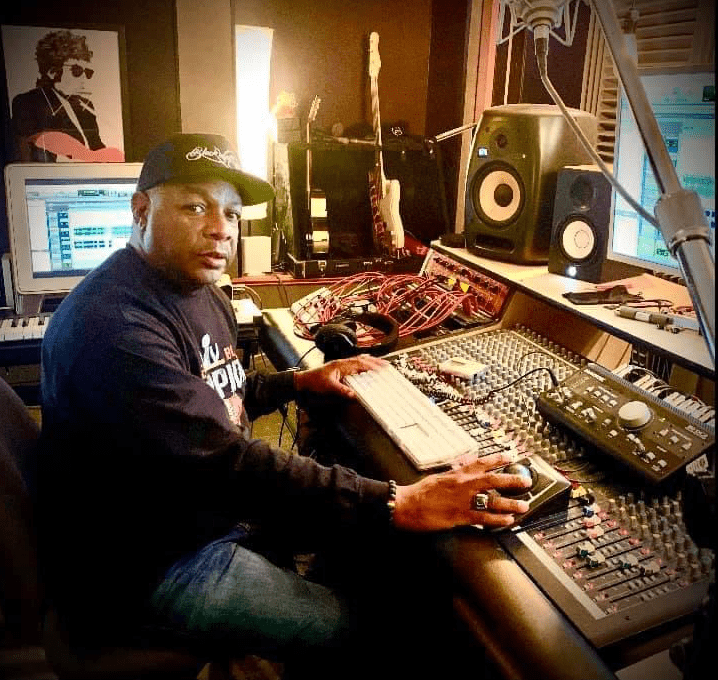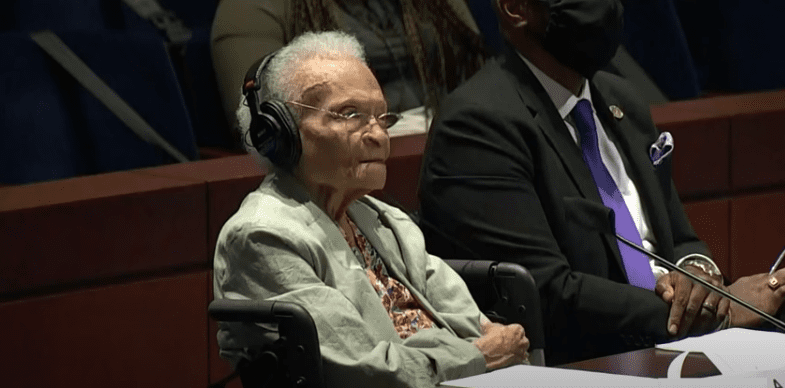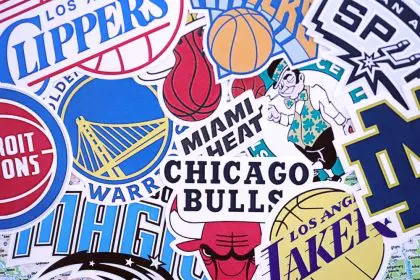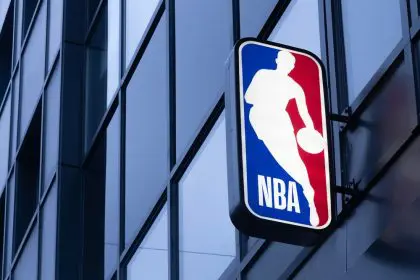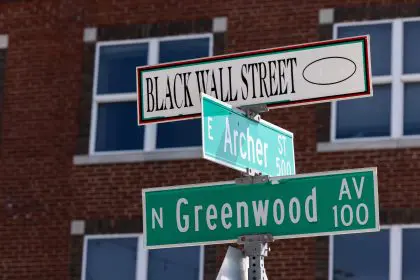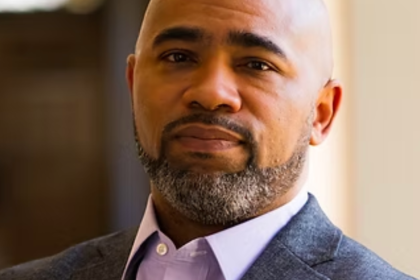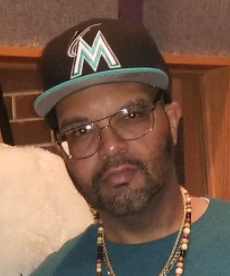
Washington Wizards point guard Russell Westbrook is partnering with the History Channel to release an in-depth documentary on the 1921 Tulsa Race Massacre. In the travesty which took place over a span of 18 hours on May 31 through June 1, 1921, a white mob attacked residents, homes and businesses in the predominantly Black Greenwood neighborhood of Tulsa, Oklahoma.
The event remains one of the worst incidents of racial violence in U.S. history. Hundreds of African Americans were killed and thousands left homeless. At the time, Greenwood was the wealthiest Black community in the United States.
The white mob’s supposed reason for the attack was because a 17-year-old white girl accused a 19-year-old Black male kid of assaulting her.
Tulsa Burning: The 1921 Race Massacre is slated to debut this spring and coincide with the massacre’s 100th anniversary. The two-hour film will be directed by filmmaker Stanley Nelson and Marco Williams. Westbrook, who previously played with the Oklahoma City Thunder, spoke about the film in a statement released by the History Channel.
“The Tulsa Race Massacre was not something I was taught about in school or in any of my history books. It was only after spending 11 years in Oklahoma that I learned of this deeply troubling and heartbreaking event. This is one of many overlooked stories of African Americans in this country that deserves to be told. These are the stories we must honor and amplify so we can learn from the past and create a better future,” the NBA star explained,
The Greenwood District in Tulsa was also known as “Black Wall Street.”
“The horrific story of the burning of Black Wall Street has long haunted me. While I was able to touch on the Tulsa Race Massacre in a short segment in an earlier film, I knew this story needed a much deeper treatment,” Nelson commented on the project in a press statement. I’m grateful to be working on this film with such wonderful partners. Together we are aiming to restore Tulsa, Oklahoma and [tell the story] of the fateful events surrounding the 1921 massacre of its Black residents and [elevate them] to their rightful place in American history,” Nelson commented on the project in a press statement.
The program will also feature rare footage and present-day interviews with historians from the John Hope Franklin Center for Reconciliation, the Tulsa Historical Society & Museum, the Historic Vernon AME Church and the Tulsa Race Massacre Centennial Commission.


